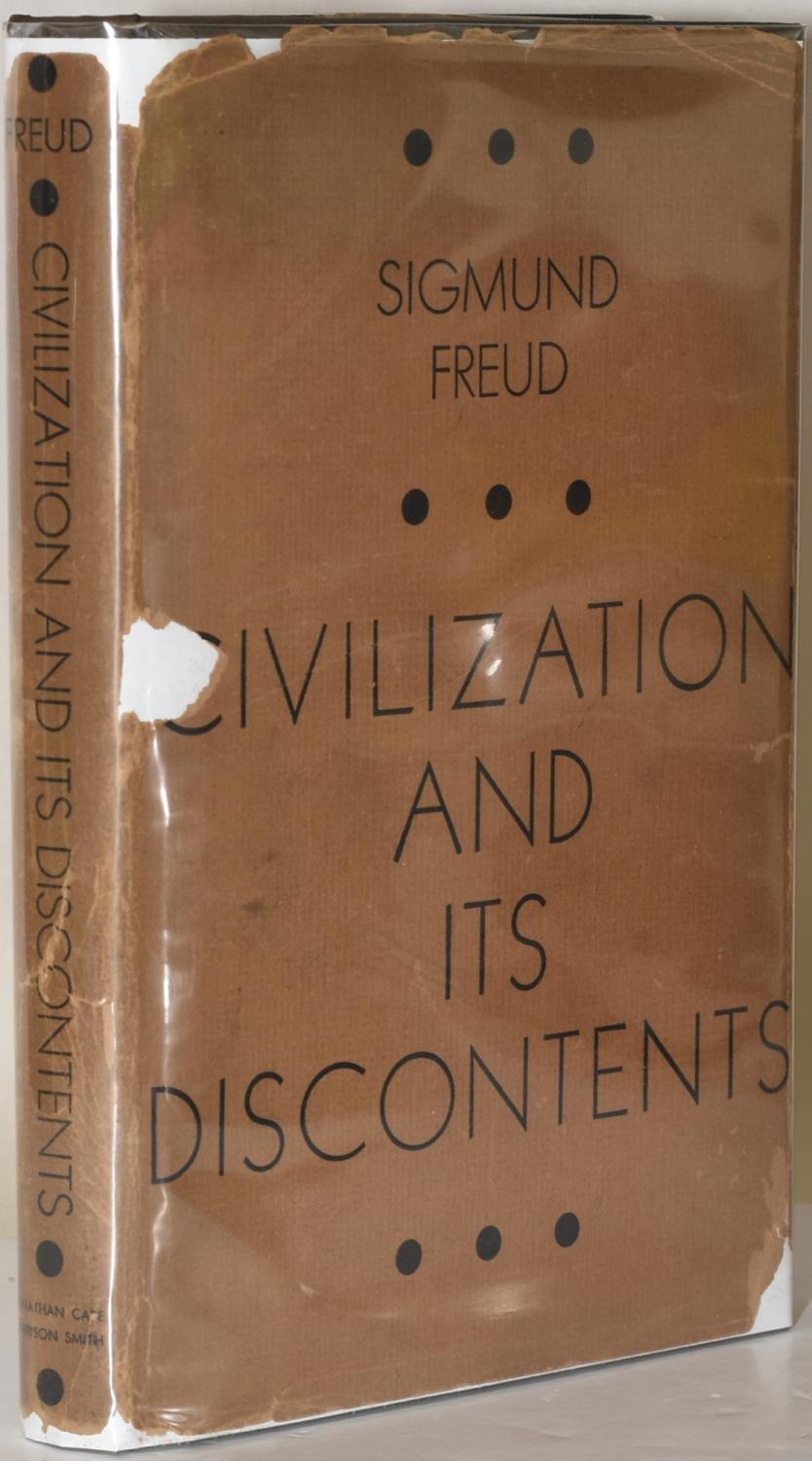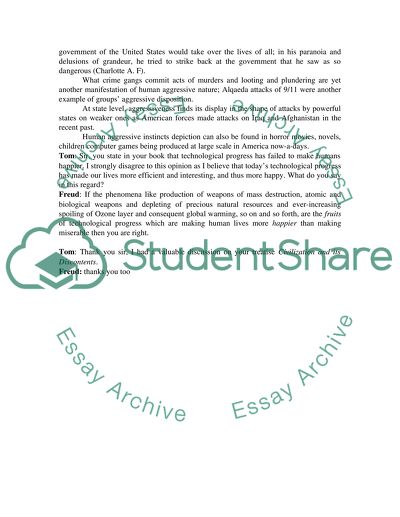


The reality is, however, that masses of men persist in this illusion for the duration of their lives. The idea of placating a supposedly higher being for future recompense seems utterly infantile and absurd. In Future of an Illusion, Freud lamented the common man's preoccupation with the "enormously exalted father" embodied by God.

Instead, according to Freud, it is a longing for paternal protection in childhood that continues into adult life as a sustained "fear of the superior power of Fate." After summarizing his previous research, Freud returns to the question of "oceanic" feeling, finding it unconvincing as an explanation of the source of religious sentiment in human beings. This distinction between inside and outside is a crucial part of the process of psychological development, allowing the ego to recognize a "reality" separate from itself. In general, the ego perceives itself as maintaining "sharp and clear lines of demarcation" with the outside world. Churches and religious institutions are adept at channeling this sentiment into particular belief systems, but they do not themselves create it. This feeling is "a purely subjective fact, not an article of faith." It does not betoken an allegiance to a specific religion, but instead points to the source of religious sentiment in human beings. In the introductory paragraphs, Freud attempts to understand the spiritual phenomenon of a so-called "oceanic" feeling - the sense of boundlessness and oneness felt between the ego and the outside world.


 0 kommentar(er)
0 kommentar(er)
